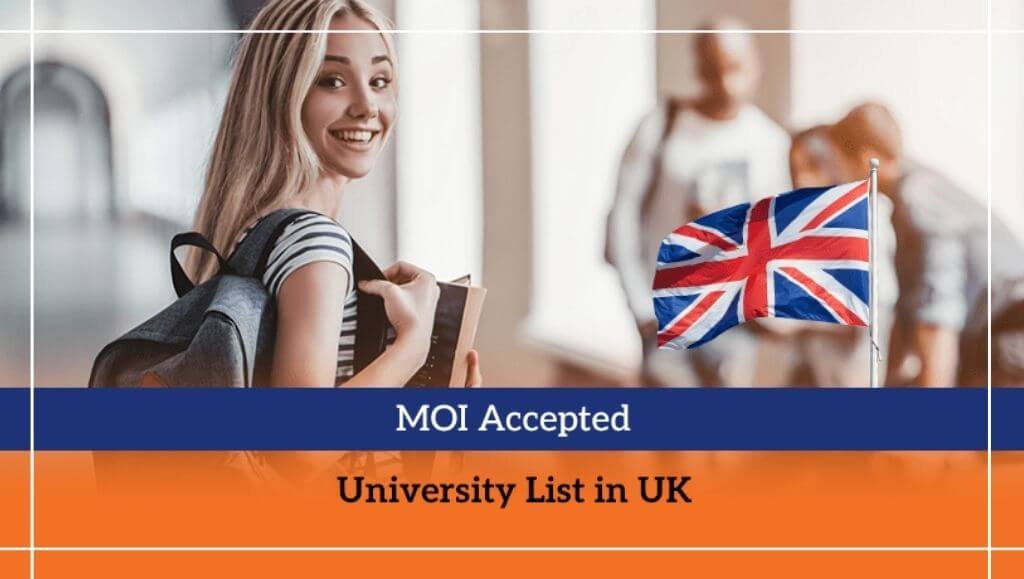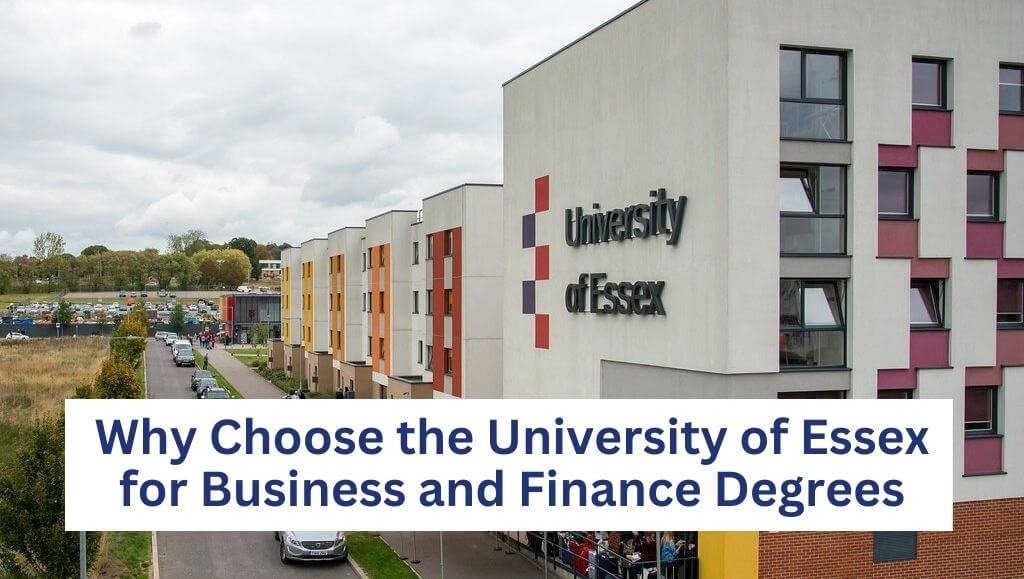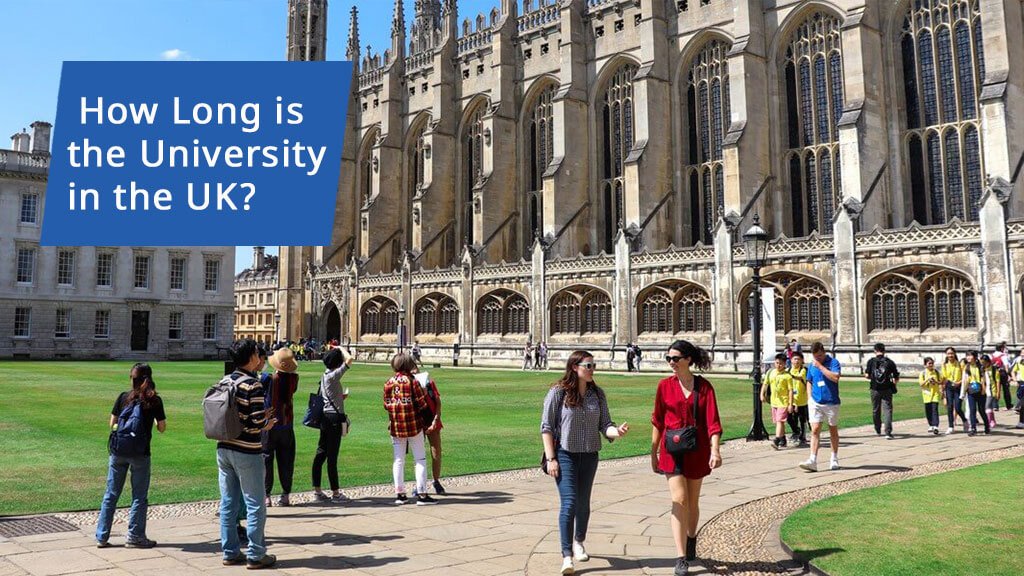10 Best Courses to Study in the UK for Bangladeshi Students
Studying abroad is a dream for many Bangladeshi students, and the UK has long been a popular destination for higher education. The UK’s reputation for academic excellence, world-class institutions, and multicultural environment make it an ideal choice. This article explores the 10 best courses to study in the UK for Bangladeshi students, considering factors such as career prospects, industry demand, and cultural relevance. 1. Business and Management Studies Overview Business and Management Studies are among the most sought-after courses globally. The UK is home to some of the best business schools in the world, such as London Business School, University of Oxford, and University of Cambridge. These institutions offer a range of specialized MBA programs, executive education, and undergraduate degrees that cater to different career goals and interests. Why Study Business and Management? Top Universities Career Prospects Graduates can pursue careers in finance, marketing, human resources, and entrepreneurship. Additionally, many graduates go on to start their own businesses or consult for high-profile companies. 2. Engineering Overview Engineering is a diverse field encompassing various disciplines such as civil, mechanical, electrical, and chemical engineering. The UK offers cutting-edge research facilities and strong industry links, providing students with both theoretical knowledge and practical experience. Why Study Engineering? Top Universities Career Prospects Opportunities exist in sectors such as aerospace, automotive, construction, and energy. Graduates can work as design engineers, project managers, research scientists, and more. 3. Medicine Overview The UK is renowned for its medical education, offering comprehensive training and clinical exposure. Medical degrees from the UK are highly respected globally, and the rigorous training ensures that graduates are well-prepared for the demands of the healthcare industry. Why Study Medicine? Top Universities Career Prospects Graduates can pursue careers in hospitals, research institutions, and private practice. Specializations include surgery, pediatrics, general practice, and more. 4. Law Overview Law is a prestigious field with a strong tradition in the UK. Studying law in the UK provides a solid foundation in legal principles and practices, with opportunities to specialize in various areas of law. Why Study Law? Top Universities Career Prospects Positions in law firms, government, academia, and international organizations. Graduates often become solicitors, barristers, legal advisors, or pursue careers in legal research. 5. Computer Science Overview Computer Science is a rapidly evolving field with significant global demand. The UK offers advanced programs focusing on the latest technological trends, such as artificial intelligence, cybersecurity, and data science. Why Study Computer Science? Top Universities Career Prospects Roles in software development, IT consultancy, data analysis, and research. Graduates can work for tech giants, startups, or pursue entrepreneurial ventures. 6. Economics Overview Economics is a versatile discipline that explores how societies use resources and make decisions. The UK offers rigorous programs with a focus on analytical skills and economic theory, preparing students for a wide range of careers. Why Study Economics? Top Universities Career Prospects Careers in finance, government, research, and international organizations. Graduates can work as economists, financial analysts, policy advisors, and consultants. 7. Environmental Science Overview Environmental Science addresses critical global challenges such as climate change, sustainability, and conservation. The UK offers programs that blend scientific research with practical solutions, preparing students to tackle pressing environmental issues. Why Study Environmental Science? Top Universities Career Prospects Opportunities in environmental consultancy, conservation, research, and policy-making. Graduates can work for NGOs, government agencies, and private companies. 8. Psychology Overview Psychology explores human behavior and mental processes. The UK offers comprehensive programs that combine theoretical knowledge with practical application, preparing students for various careers in psychology and related fields. Why Study Psychology? Top Universities Career Prospects Careers in clinical psychology, counseling, research, and human resources. Graduates can work in hospitals, schools, private practice, or corporate settings. 9. Arts and Design Overview The UK is a global hub for arts and design, offering programs that nurture creativity and innovation. Students benefit from exposure to diverse artistic traditions and contemporary practices, preparing them for dynamic careers in the arts. Why Study Arts and Design? Top Universities Career Prospects Opportunities in graphic design, fashion, fine arts, and media. Graduates can become designers, artists, curators, or pursue entrepreneurial ventures. 10. International Relations Overview International Relations is a dynamic field that examines global politics, diplomacy, and international organizations. The UK offers programs that provide a deep understanding of international affairs, preparing students for impactful careers. Why Study International Relations? Top Universities Career Prospects Careers in diplomacy, international organizations, think tanks, and NGOs. Graduates can work as diplomats, policy analysts, researchers, and consultants. FAQs 1. What are the entry requirements for studying in the UK? Entry requirements vary by course and institution but generally include academic qualifications, English language proficiency (IELTS/TOEFL), and sometimes standardized tests (GMAT/GRE). It’s essential to check the specific requirements for each program and ensure all necessary documents are prepared in advance. 2. How can I apply for scholarships to study in the UK? Many universities offer scholarships for international students. Additionally, organizations such as the British Council and Chevening provide scholarships. It’s advisable to research and apply early, as competition is often high, and ensure that all application criteria are met. 3. What is the cost of studying in the UK for Bangladeshi students? Tuition fees vary by course and university, ranging from £10,000 to £38,000 per year. Living expenses average around £12,000 to £15,000 annually. Budgeting for accommodation, food, travel, and personal expenses is crucial for managing finances effectively. 4. Can I work while studying in the UK? Yes, international students can work up to 20 hours per week during term time and full-time during holidays, provided they hold a valid Tier 4 student visa. Working while studying can help offset living costs and provide valuable work experience. 5. What are the post-study work opportunities in the UK? The UK offers a Graduate Route visa, allowing students to stay and work in the UK for up to two years after completing their degree. This provides a valuable opportunity to gain international work experience and potentially secure long-term employment. 6. How do I
10 Best Courses to Study in the UK for Bangladeshi Students Read More »
Courses








